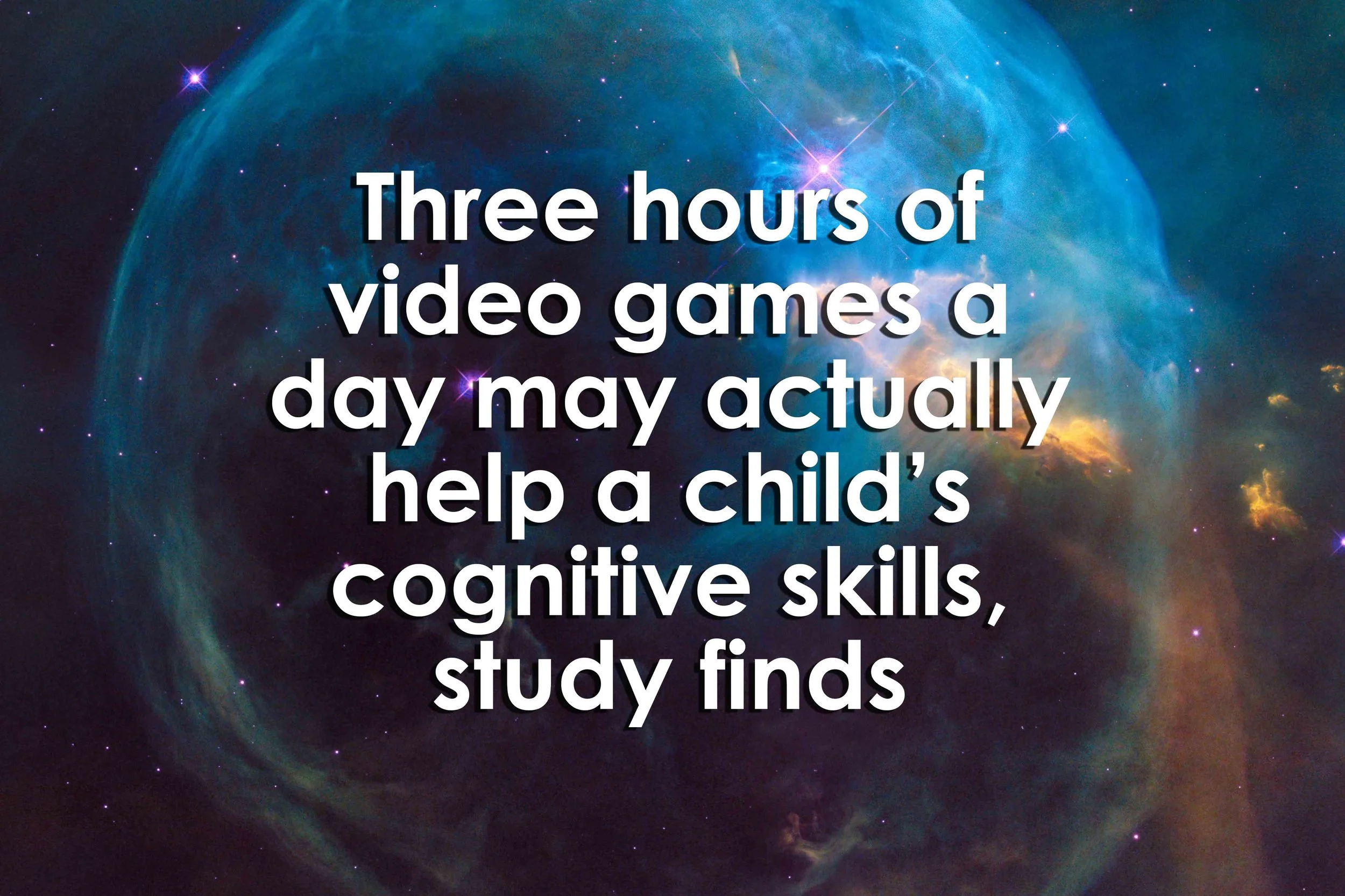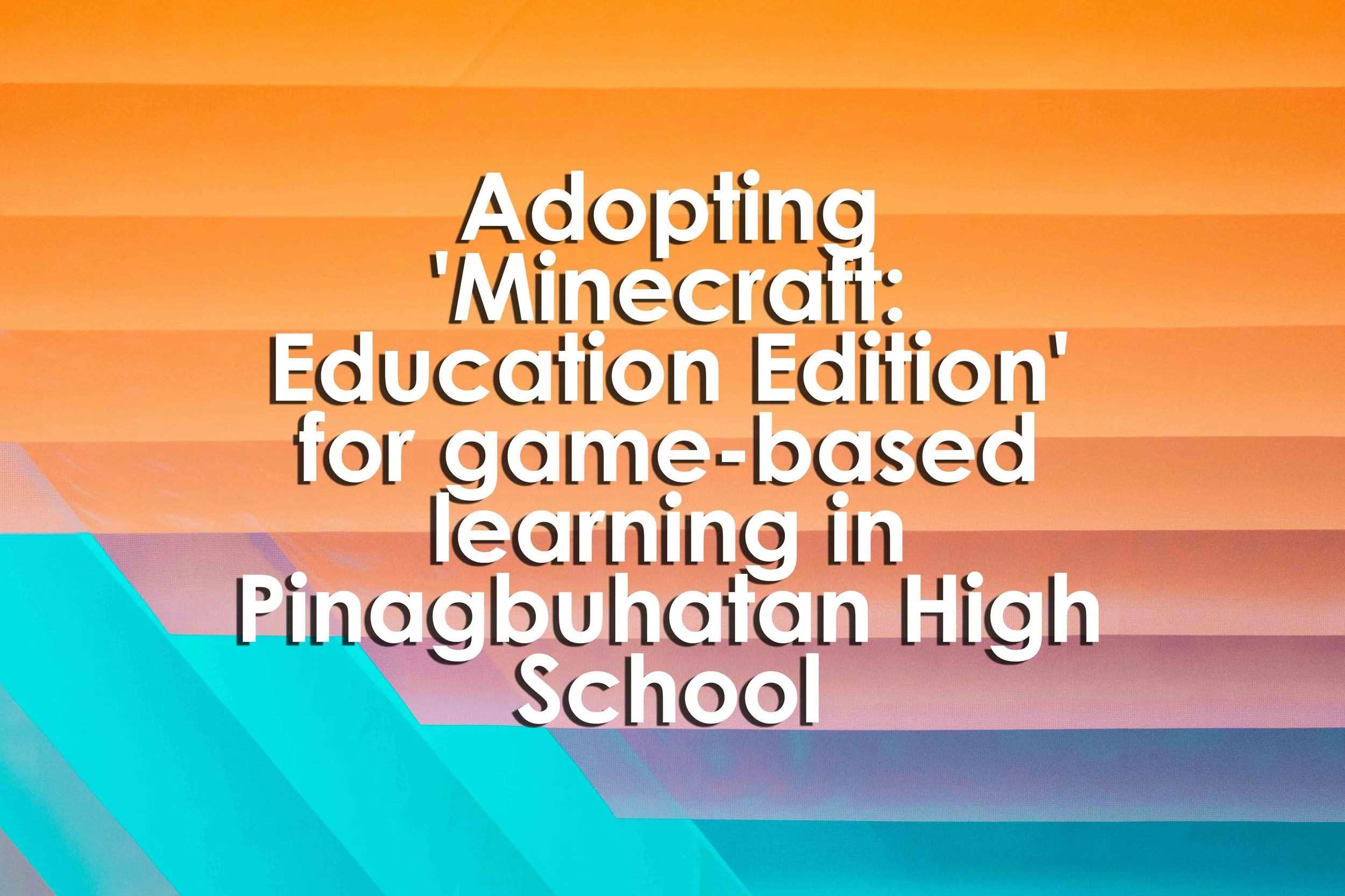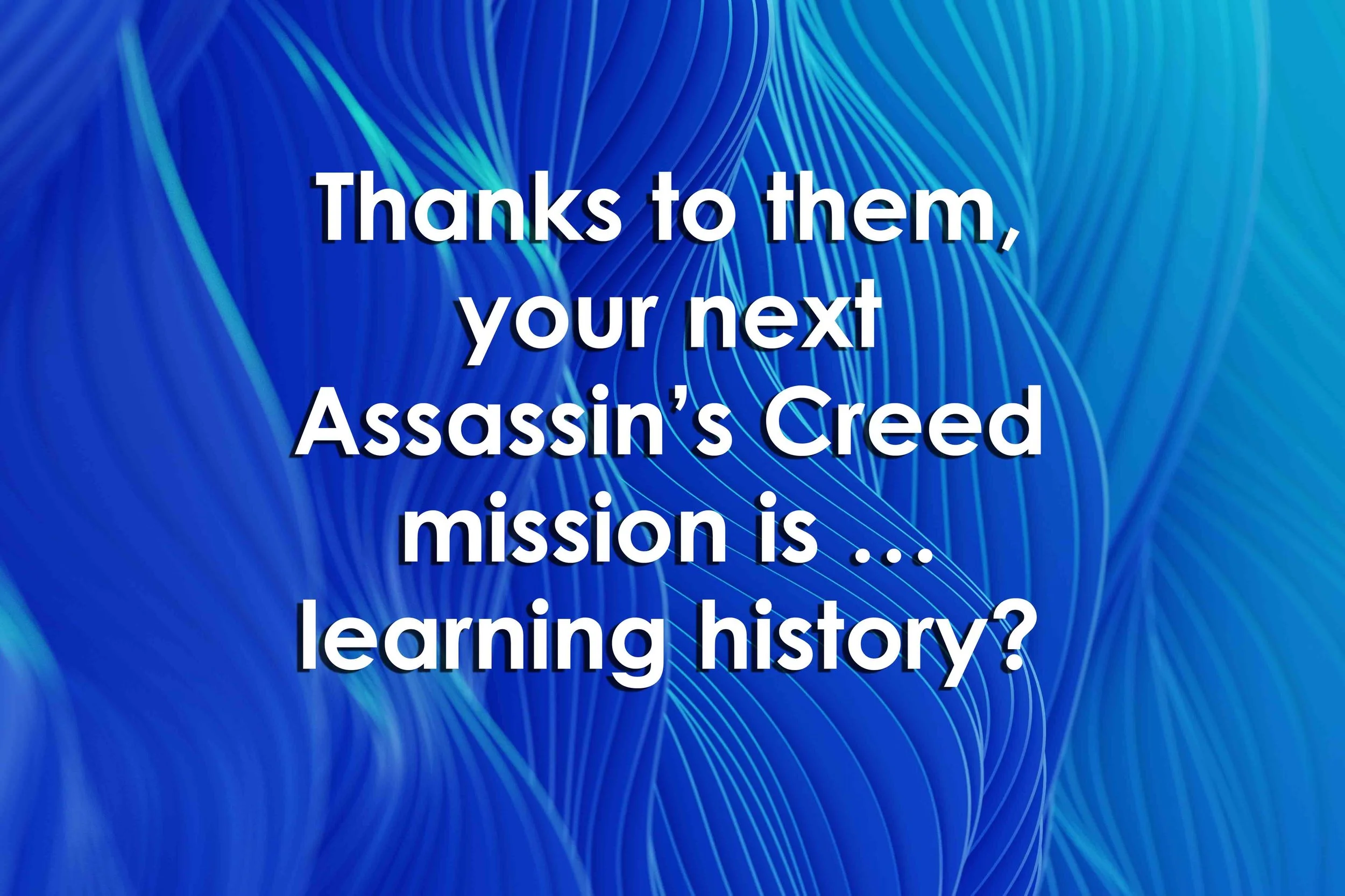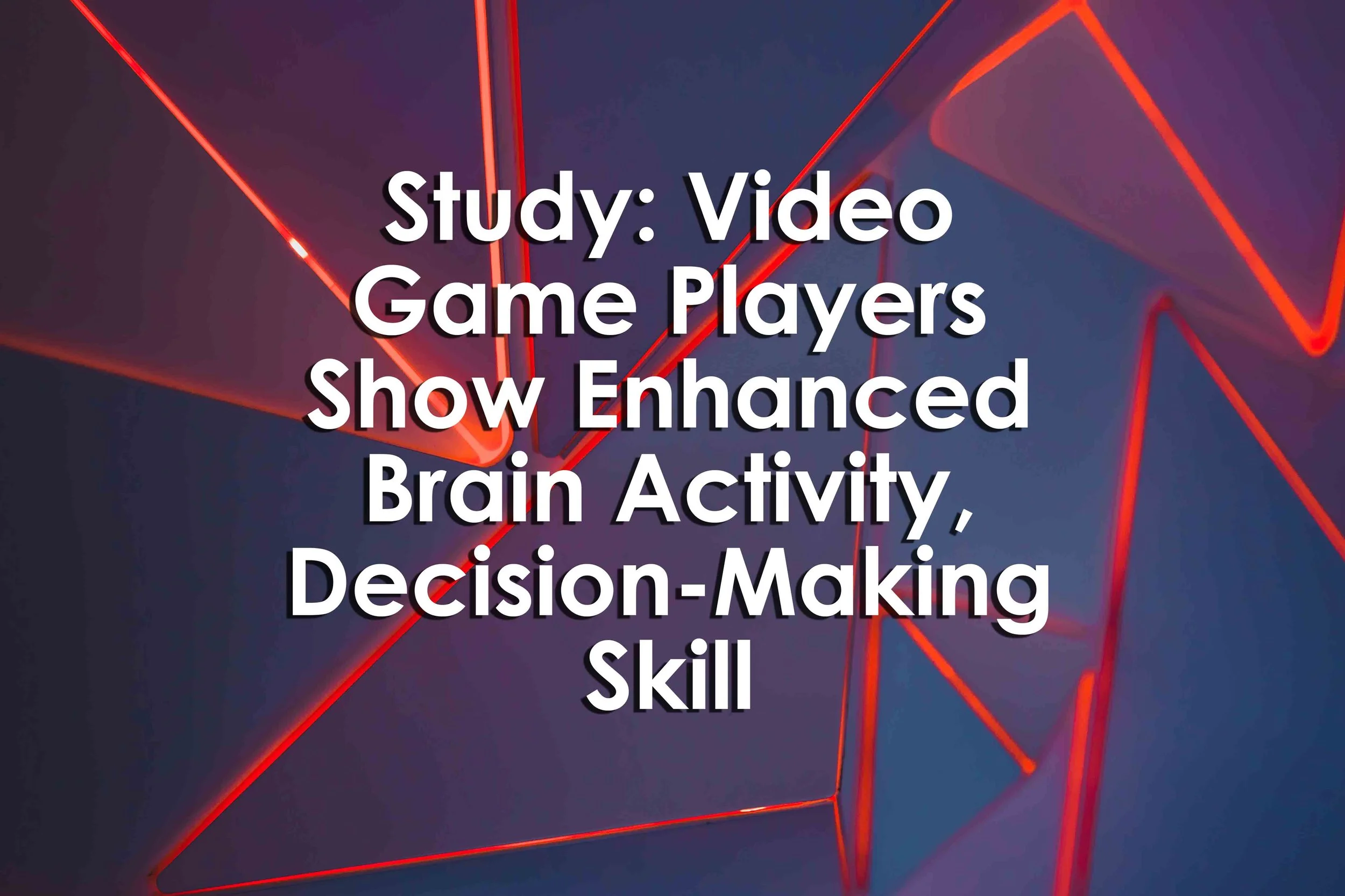Child development experts tell EdSurge that video games can help early learners practice foundational skills and can promote social bonding, as long as they're designed with the child in mind and incorporate the expertise of early childhood professionals.
Read MoreImmersive video game technology is rarely used to deliver the bonuses it could in terms of training, skill optimization, and dealing with edge cases that would otherwise be complicated or costly to predictably arrange.
Read MoreKids who play video games have better memory and better control over their motor skills than kids who don't, according to a new study looking at adolescent brain function. Video games might not be responsible for those differences - the study can't say what the causes are - but the findings add to a bigger body of work showing gamers have better performance on some tests of brain function.
Read MoreA new study has however found that hours of computer gaming could in fact improve some cognitive skills, such as those involving impulse control and working memory. The study involved nearly 2,000 children, and those who reported playing video games for three hours a day performed better in cognitive skills tests than those who had never played games.
Read MoreFlying under the radar are video games even though kids in the United States spend much more time playing video games than engaging in social media, according to a recent Common Sense Media report. Last year, China acted: It prohibited minors from playing video games on school days and more than an hour on weekend and holiday nights.
Read MoreHow can we be sure to keep students interested and encouraged to contribute and perform well in assessments? The gamification of education, where you make learning more enjoyable and engaging for students by using game design features, could be the answer.
Read MoreIn the book, How Games Move Us: Emotion by Design, scholar Katherine Isbister observed that because of player agency, "Games have an additional palette of social emotions at their disposal." Suppose a student reads Victor Hugo's classic Les Misérables.
Read MoreIf history is the only true teacher, then Assassin's Creed could soon be the best school to learn about life in Ancient Egypt and how the crusaders crushed the enemies of the Latin Church. With the Discovery Tour series, history is now front and centre. Assassin's Creed Discovery Tour series: How it came about.
Read MoreIf we look at computer games for education, games have been developed for young children to learn numbers, letters, colors, and all these things while socializing. If we see a shooting game while playing it, if it is a multiple-player game, people will get a chance to associate with their close friends.
Read MoreWith Ofcom revealing six in ten children played games online in 2021, what might the use of video gaming in the classroom look like to engage students with a model they're already invested in?
Read MoreIn recent years, as it turns out, the concept of gamification, defined as "The use of game design elements in non-game contexts," has received increased attention and interest in both academia and classroom practice with education among the top fields of gamification research.
Read MoreStudents can enlarge their knowledge and learn new things by playing video games. As video games are portrayed in a negative light, you might think that all cognitive functions are affected. How video games can improve learning Apart from boosting memory skills, there are a bunch of other reasons why using video games in education is a good idea.
Read MoreDelving into the history of how video games have utilized - and distorted - stories of the past reveals a persistent demand for historical education through entertainment, a reminder that people are constantly searching for new ways to engage and find meaning in the past.
Read MoreGames bring young people closer to computer science/unlp figures. A team of researchers from the Faculty of Informatics of the National University of La Plata developed two educational games, one based on augmented reality, and the other on virtual reality, so that young people learn more about the great figures behind the development of technology.
Read MoreFrequent players of video games show superior sensorimotor decision-making skills and enhanced activity in key regions of the brain as compared to non-players, according to a recent study by Georgia State University researchers.
Read MoreResearchers have linked spending more time playing video games with a boost in intelligence in children, which goes some way to contradicting the narrative that gaming is bad for young minds. On average, the youngsters reported spending 2.5 hours a day watching TV or online videos, 1 hour playing video games, and half an hour socializing over the internet.
Read MoreOk, yes there are video games that get the future completely wrong. Whether this is a case of pure luck with so many video games trying to predict the future we might never know, but it is always fun to speculate.
Read MorePath Out is one of a growing number of video games designed to engender empathy in those who play them. "We are now starting to realize the power that games can have at evoking certain competencies such as empathy and compassion," said Matthew Farber, a professor of educational technology at the University of Northern Colorado and author of "Gaming SEL: Games as Transformational to Social and Emotional Learning."
Read MoreCurrently, opponents in a video game are pre-scripted NPCs, whereas a machine learning NPC could allow users to play against less predictable foes, making the game much more interesting.
Read MoreFor a long time, the prevailing thought about video games is they rot people's minds and have the potential to promote violence, but a new study, published in the Journal of Scientific Reports, shows video games might give kids an intellectual boost.
Read More




















